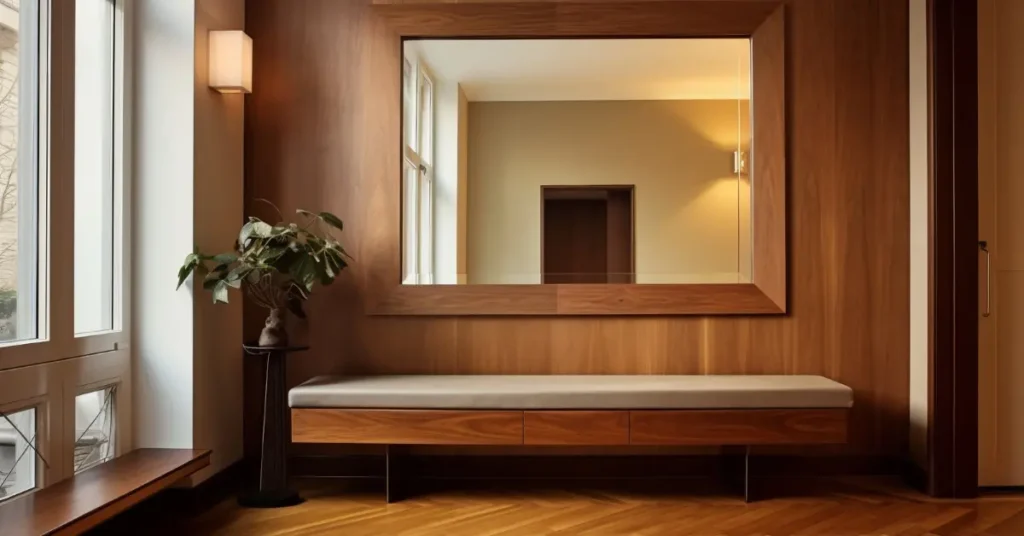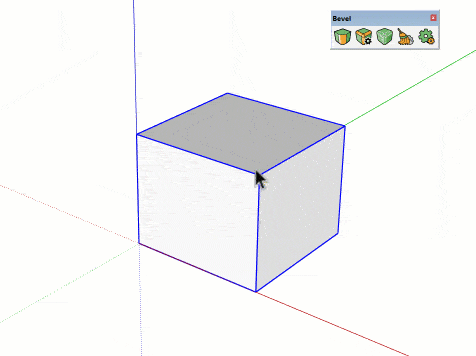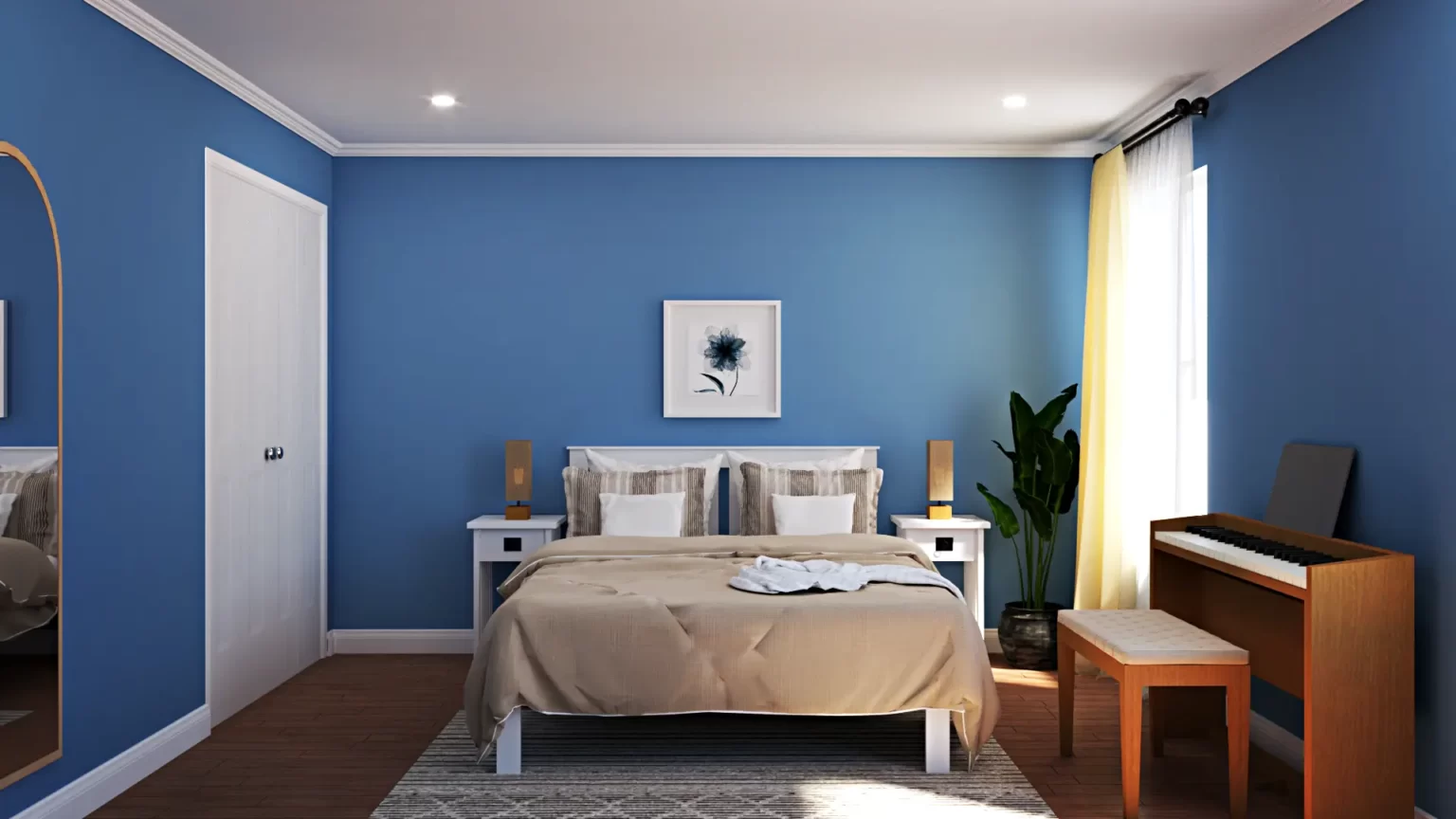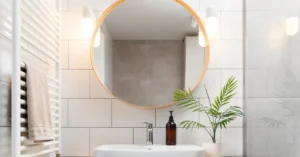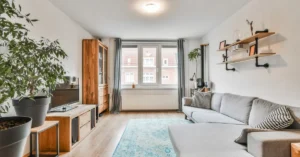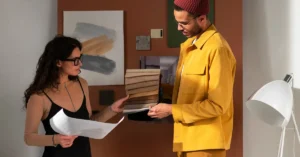How to Make a Room Feel Bigger: 15 Ideas to Open Up Your Space
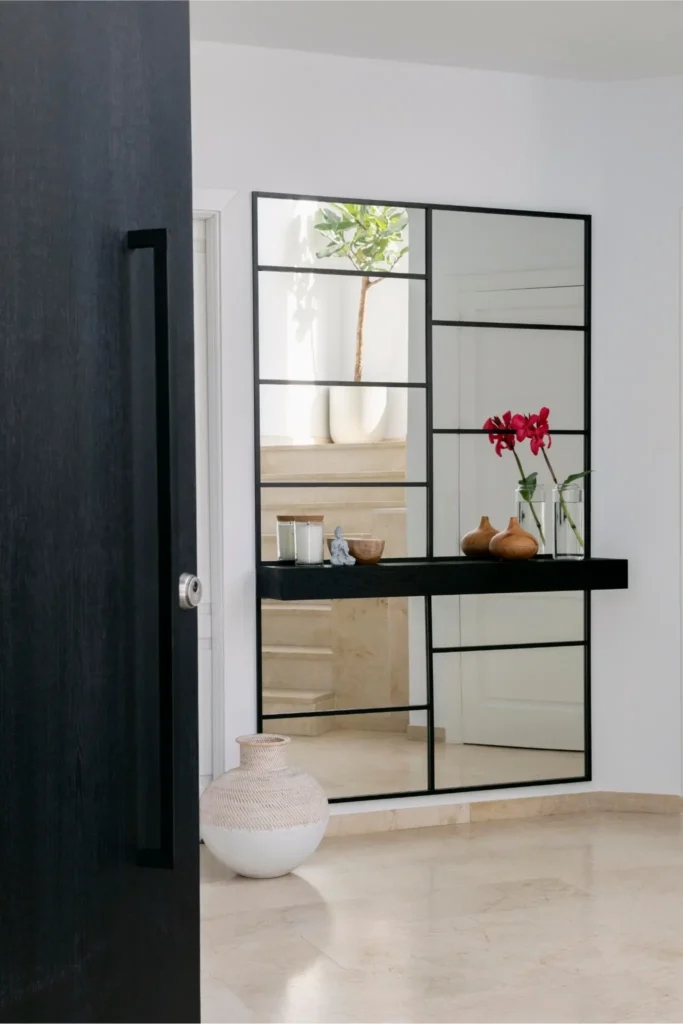
In today’s modern living, where urban spaces are becoming increasingly compact, the challenge of making a room feel larger than it actually is has become more prevalent than ever.
Whether you’re dealing with a small apartment, a cozy bedroom, or an awkwardly shaped living area, the ability to create an illusion of spaciousness can greatly enhance the functionality and aesthetic appeal of your home.
Fortunately, there are numerous design strategies and tricks that can help you achieve just that. In this comprehensive guide, we’ll explore 15 practical ideas to open up your rooms and make them feel more expansive and inviting.
Unlock the Secrets to Expanding Your Living Area
1. Maximize Natural Light
Natural light is one of the most effective ways to make a room feel airy and open. Keep curtains and blinds open during the day to let in as much sunlight as possible. If privacy is a concern, consider using sheer curtains that still allow light to filter through while maintaining some level of privacy.
2. Use Light Colors
Light colors have a transformative effect on a room, making it feel brighter and more spacious. Opt for soft, neutral hues such as white, cream, light gray, or pastel shades for walls, furniture, and accessories. These colors reflect light rather than absorbing it, creating a sense of openness.
3. Strategic Mirrors
Mirrors are a classic trick for visually expanding a space. Place mirrors opposite windows to reflect natural light into the room, instantly brightening and enlarging the space. Additionally, large mirrors can be used as statement pieces on walls to create the illusion of depth and openness.
4. Declutter Regularly
Clutter is the enemy of a spacious room. Regularly declutter your space by getting rid of items you no longer need or use. Invest in smart storage solutions such as baskets, bins, and shelving units to keep surfaces clear and organized. A clutter-free environment instantly feels larger and more inviting.
5. Multi-Functional Furniture
Make the most of limited space by choosing furniture pieces that serve multiple purposes. Look for items such as storage ottomans, convertible sofa beds, and nesting tables that can be easily reconfigured to suit your needs. This not only maximizes functionality but also helps to free up valuable floor space.
6. Float Furniture
Instead of pushing all your furniture against the walls, try floating pieces in the center of the room. This creates a more open flow and allows for better circulation. Leaving space around furniture creates the illusion of expansiveness and prevents the room from feeling overcrowded.
7. Scale Down Furniture
In small rooms, bulky furniture can quickly overwhelm the space. Opt for smaller-scale furniture pieces that are more proportionate to the room size. Choose streamlined designs with slender legs that create a sense of openness and lightness.
8. Vertical Storage
When floor space is limited, look to the walls for additional storage options. Install shelves, wall-mounted cabinets, or vertical bookcases to take advantage of vertical space and keep clutter off the floor. Vertical storage solutions not only maximize storage capacity but also draw the eye upward, making the room appear taller.
9. Keep Sightlines Clear
Maintain clear sightlines throughout the room to create a sense of openness and continuity. Arrange furniture in a way that allows for easy navigation and unobstructed views from one area to another. Avoid blocking pathways with large pieces of furniture, and use rugs to define separate zones without closing off the space.
10. Use Transparent Elements
Incorporate transparent or translucent elements into your decor to visually expand the space. Glass tables, acrylic chairs, and lucite accessories allow light to pass through, creating a sense of transparency and openness. These pieces are especially effective in small rooms where visual clutter can quickly become overwhelming.
11. Strategic Lighting
In addition to natural light, strategic artificial lighting can help open up a room and create a sense of spaciousness. Use a combination of overhead lighting, task lighting, and accent lighting to brighten dark corners and highlight architectural features. Avoid harsh overhead lights and opt for softer, diffused lighting to create a more inviting atmosphere.
12. Hang Curtains High and Wide
To visually enlarge windows and make ceilings appear higher, hang curtains close to the ceiling and extend them wider than the window frame. This draws the eye upward and creates the illusion of taller windows and a larger expanse of wall. Choose lightweight fabrics in light colors to maximize the effect.
13. Create a Focal Point
Designate a focal point in the room to draw attention away from its size and create visual interest. This could be a striking piece of artwork, a statement light fixture, or a bold piece of furniture that anchors the space. By creating a focal point, you can distract from the room’s limitations and showcase its best features.
14. Reflective Surfaces
Incorporate reflective surfaces such as glass, metal, and glossy finishes into your decor to bounce light around the room and create a sense of spaciousness. Mirrored furniture, metallic accents, and glossy tiles can all help to amplify natural light and make the room feel brighter and more open.
15. Embrace Minimalism
Finally, embrace a minimalist approach to decorating by keeping decor simple, streamlined, and clutter-free. Pare down your belongings to the essentials and opt for clean lines, uncluttered surfaces, and a cohesive color palette. By eliminating excess and focusing on quality over quantity, you can create a sense of calm and spaciousness in any room.
Conclusion
In conclusion, creating the illusion of space in a small room is all about clever design choices and strategic planning. By maximizing natural light, using light colors, incorporating mirrors, decluttering regularly, and adopting multifunctional furniture, you can open up your rooms and make them feel larger and more inviting. Whether you’re working with a compact apartment or a cozy bedroom, these 15 ideas will help you transform any space into a stylish and spacious retreat.


